True monogamy is rare in the animal kingdom, but it does exist in some species. It's unclear whether these animals feel the same "love" for their partners as humans do, but it's clear that for many species, forming a lifelong partnership is as much about the survival of the species as it is about having someone to help you build a relationship. Nest and keep feathers clean.
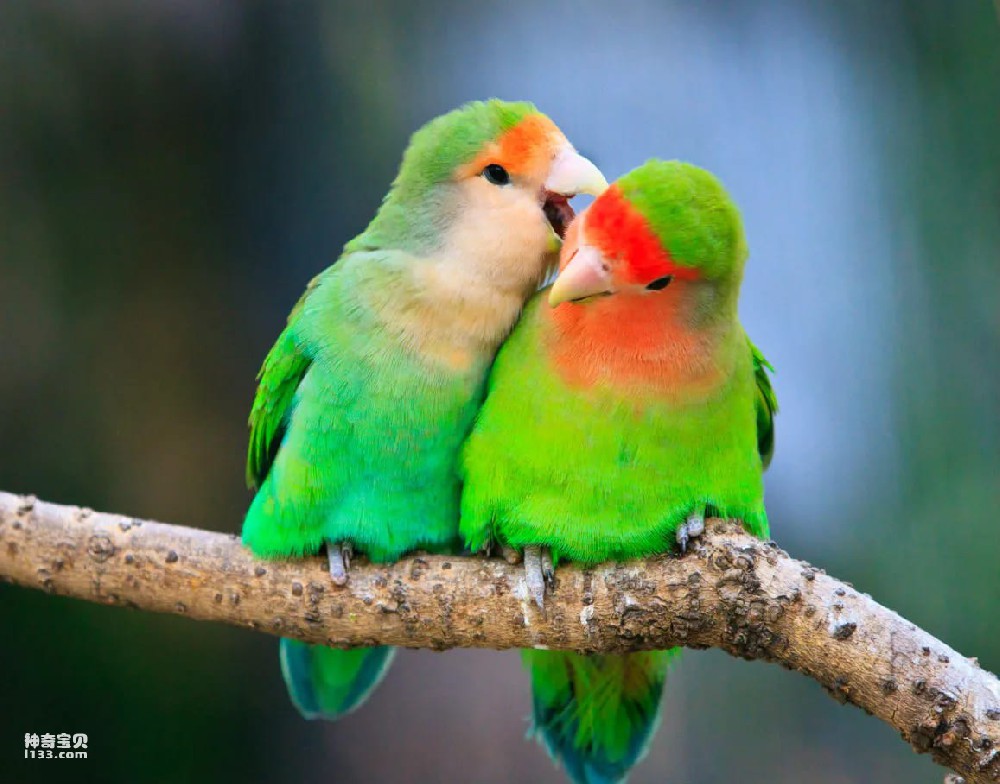
Whatever their reasons for monogamy, we humans can learn a lot from the devotion that several animals show to their mates.
Scroll through this list to learn about eight amazing pairs of animals that make lifelong companionships.
1. Swan - the symbol of true love
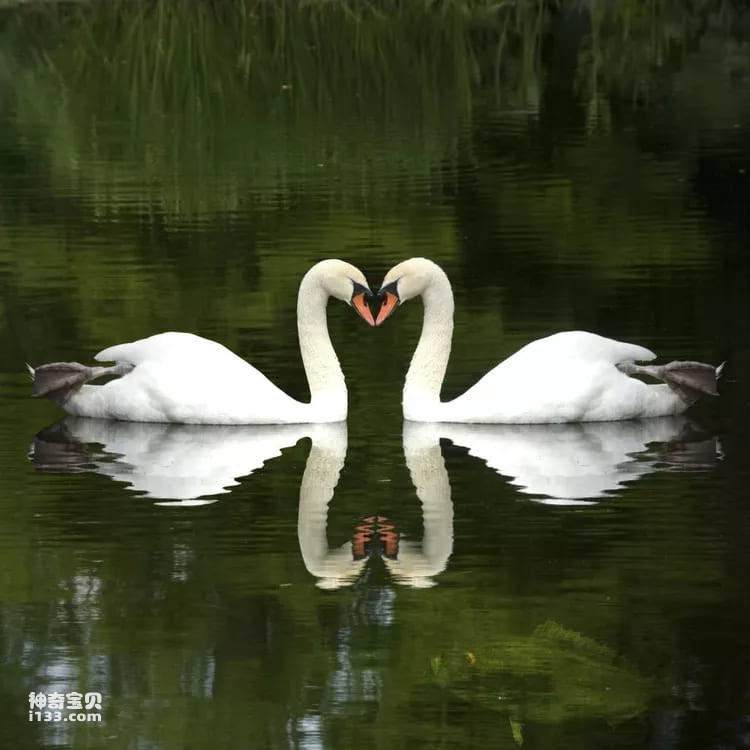
Two swans touching beaks - a universal symbol of true love in the animal kingdom. Turns out, it does show true love—or at least that's what humans call it. Swans form monogamous pair bonds that can last for many years and, in some cases, a lifetime.
Romantic? Sure, but swan pairings are more a matter of survival than love. When you consider the time it takes for swans to migrate, establish territories, hatch and raise their young, you see that they don't want to waste any extra time each season attracting a new mate.
2. Wolf - lifelong loyalty
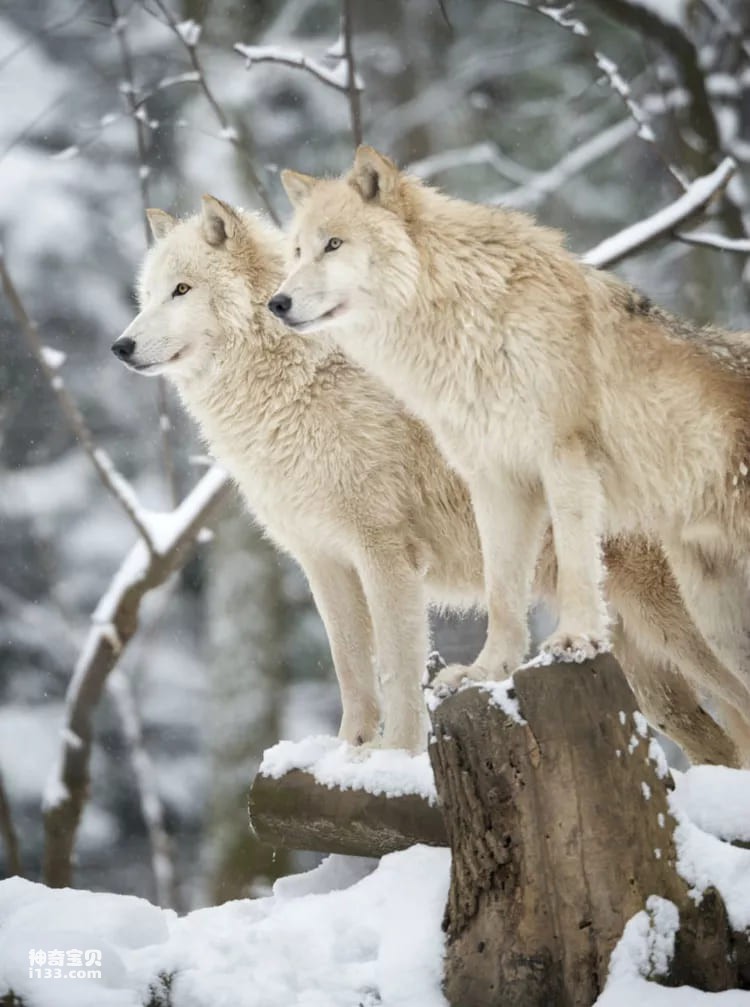
These crafty old dogs aren't as independent as you might think. Lone wolf stereotypes aside, most wolf "families" consist of a male, a female, and their pups. Just like the human family.
The alpha male and the alpha female share the dominant position in the group, except during mating season, when the alpha female is in charge.
3. Albatross - forever loyal
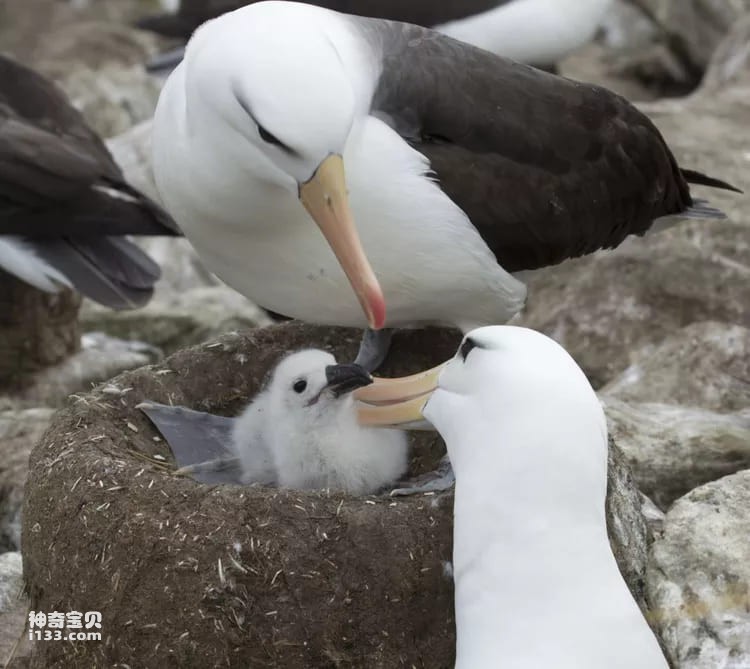
Many birds mate for life, but albatrosses take things to the next level by learning advanced movements to maintain a romantic relationship with their mate. From an early age, albatrosses learn how to attract a mate using an elaborate system of preening, pointing, rattling, bowing and dancing. They may try these moves with many partners, but once they choose "the one," they become committed partners for life.
4. Gibbon - maybe loyal, maybe not
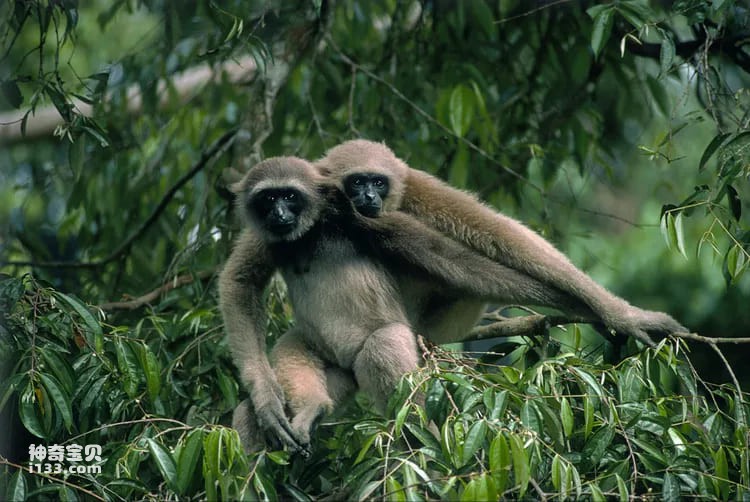
Gibbons are our closest animal relatives and they mate with their partners for life. Men and women have roughly the same body shape, so they are very comfortable grooming and relaxing together. New research suggests that some flirting may occur within groups of gibbons, but in general, pairs of gibbons stay together for life.
5. French Angelfish - Love Under the Sea
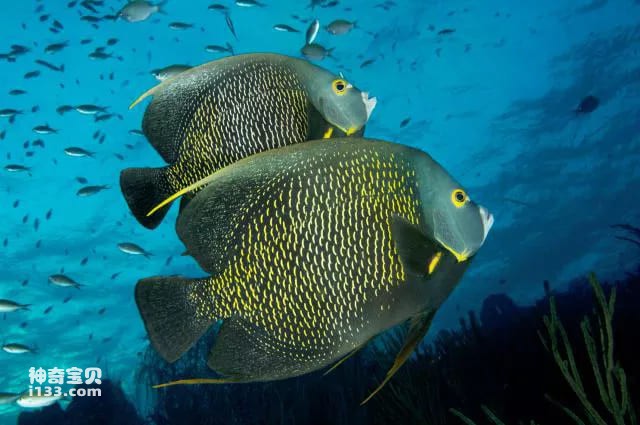
French angelfish are rarely, if ever, solitary. They form close, monogamous pairs from an early age and then do everything with their partner for the rest of their lives. They live, travel and hunt in pairs, and will even defend their marine territories from neighboring fish.
6. Turtle doves - always in pairs
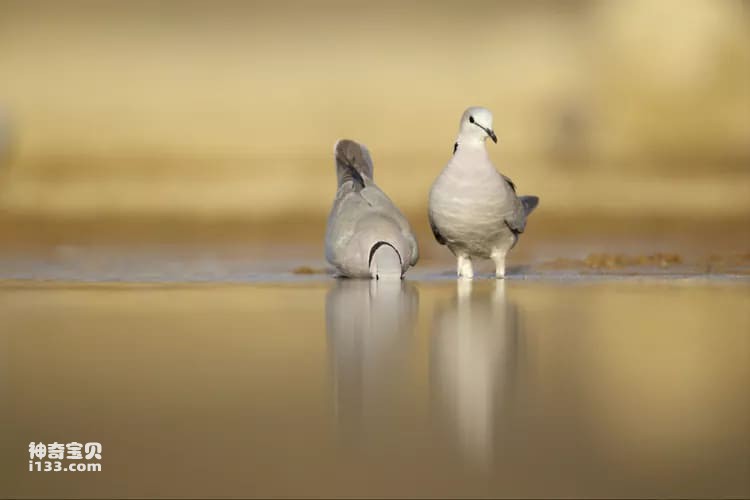
In the famous Christmas carol "The Twelve Days of Christmas," turtle doves appear in pairs and for good reason. These birds pair up for life. Their loyalty even inspired Shakespeare, who wrote about them in his poem "The Phoenix and the Tortoise."
7. Prairie vole - the romantic rodent
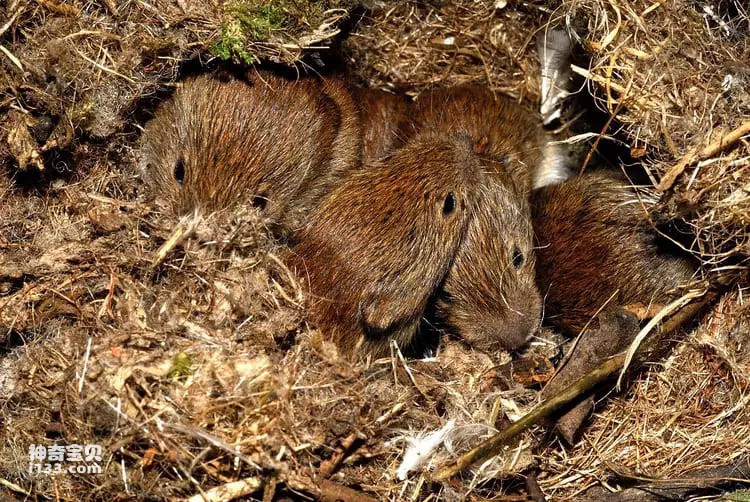
Most rodents are not monogamous by nature, but prairie voles are an exception. They form lifelong bonds with their mates, building nests, grooming, mating, and supporting them throughout their lives. In fact, they are often used as a model for faithful monogamous relationships in nature.
8. Termites - Family Incident
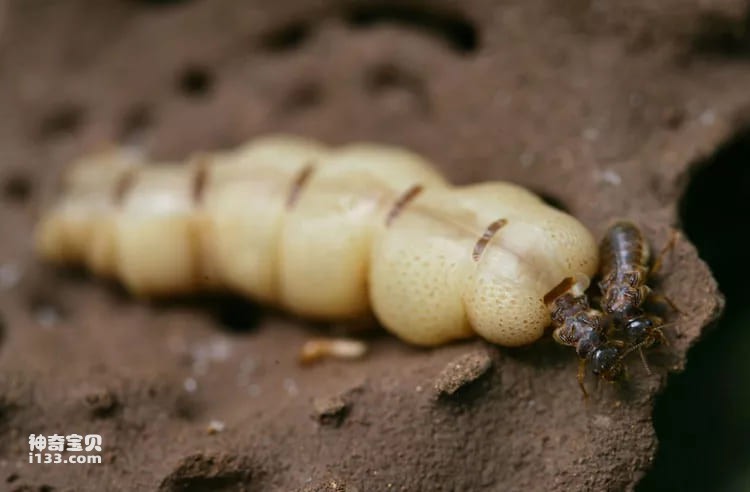
When people think of faithful animal companions, people don't usually think of termites, but that's what they are. Unlike ants, who mate once with one or more male ants before their death, termite queens mate with a termite "king" throughout their lives. So the entire termite colony is really just one mom and dad and thousands of offspring. ah……
animal tags: Swans albatrosses gibbons angelfish termites
We created this article in conjunction with AI technology, then made sure it was fact-checked and edited by a Animals Top editor.